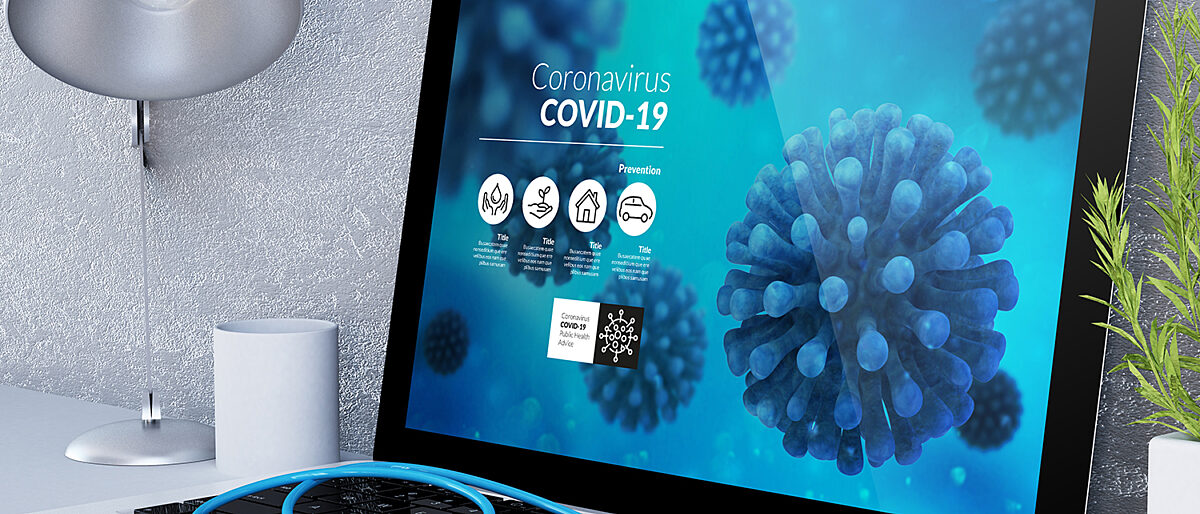
MeDiCo-Health
This project will conduct research at hospitals in Italy and Germany into whether deficiencies in micronutrients such as zinc, selenium and vitamin D have a correlation with the severity of disease in COVID-19 patients
As part of the EIT’s Crisis Response Initiative, this activity directly contributes to the European Union’s response to the COVID-19 pandemic.
Micronutrient deficiencies are a frequent condition in the general population of the EU and worldwide. Due to soil erosion and depletion of minerals like selenium, food is increasingly deficient in those nutritional compounds. Next to that, micro-nutrients like vitamin D are currently discussed to be deficient in conditions like obesity or Type 2 diabetes, risk groups to the severe progression of COVID-19.
In a first phase, research was conducted at hospitals in Turin (Italy) and Freising (Germany) to identify whether deficiencies in micronutrients such as zinc, selenium and vitamin D have a correlation with the severity of disease in COVID-19 patients. The aim is then to test tailored supplementation in placebo-controlled trials to see if they can improve patient outcomes. In a second phase, if research results are proven to work, a food supplement with these nutritional compounds will be developed in order to boost the immune system.
Project lead
Related Projects

INSTORELAB









